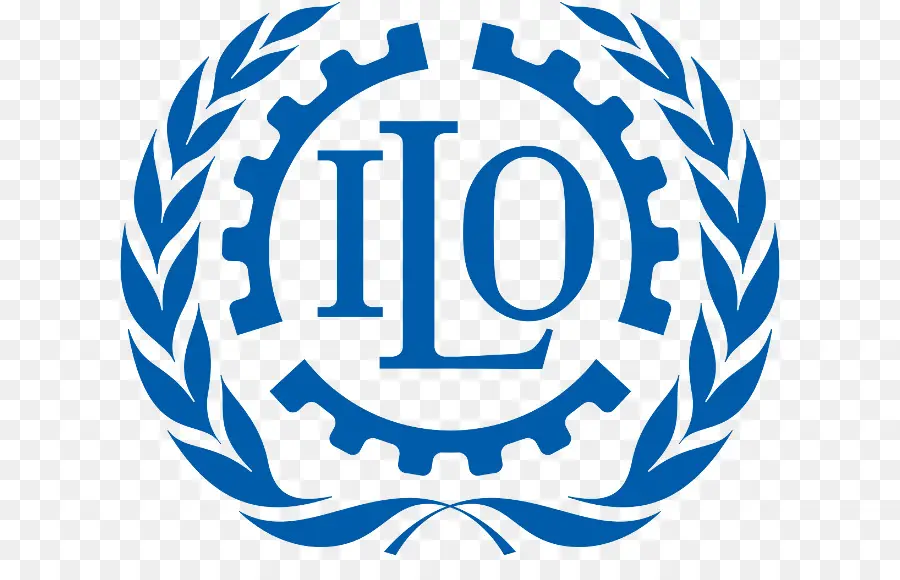
The International Labour Organisation (ILO) has cautioned that persistent gender inequality is undermining the resilience and sustainability of global supply chains, despite women constituting a significant share of the workforce.
In a new policy brief published on its website, the United Nations agency revealed that women account for around 40 per cent of all supply chain workers worldwide and over 80 per cent in industries such as garment manufacturing yet remain underpaid and underrepresented in senior and high-skilled positions.
“The paradox is that women are highly present in supply chains but continue to face systemic disadvantages,” the ILO stated.
The organisation warned that entrenched gender gaps including unequal pay, occupational segregation, and lack of representation in leadership not only harm women but also reduce economic efficiency and threaten the long-term stability of global supply networks.
ILO Calls for Stronger Protections and Inclusive Policies
The ILO urged governments, employers, and workers’ organisations to take comprehensive and coordinated action to address the root causes of gender inequality.
The report called for:
- Stronger safeguards against workplace harassment and discrimination.
- Improved health and safety standards, particularly in industries dominated by women.
- Expanded access to skills development, leadership training, and decent work opportunities.
- Policies to balance unpaid care work and promote fairer work-life arrangements.
According to the agency, piecemeal or short-term initiatives are insufficient to close the gender gap. Instead, systemic reforms are needed to ensure equal participation and benefits for women in supply chain economies.
“Achieving gender equality in supply chains is not an isolated goal but part of the broader global agenda for decent work, sustainable development, and inclusive growth,” the ILO added.
Data and Collaboration Key to Progress
The ILO also stressed the importance of collecting and analysing gender-disaggregated data to identify inequities and guide evidence-based policymaking. It called on all stakeholders to collaborate in designing inclusive systems that foster fair pay, safety, and advancement opportunities for women.
The organisation concluded that empowering women in global supply chains would not only advance gender justice but also strengthen the resilience, productivity, and sustainability of the global economy.


